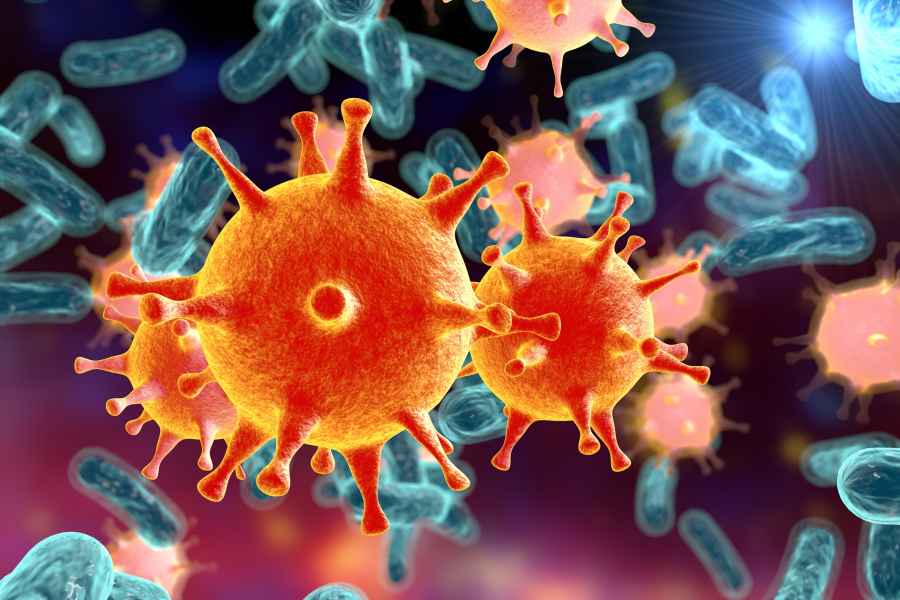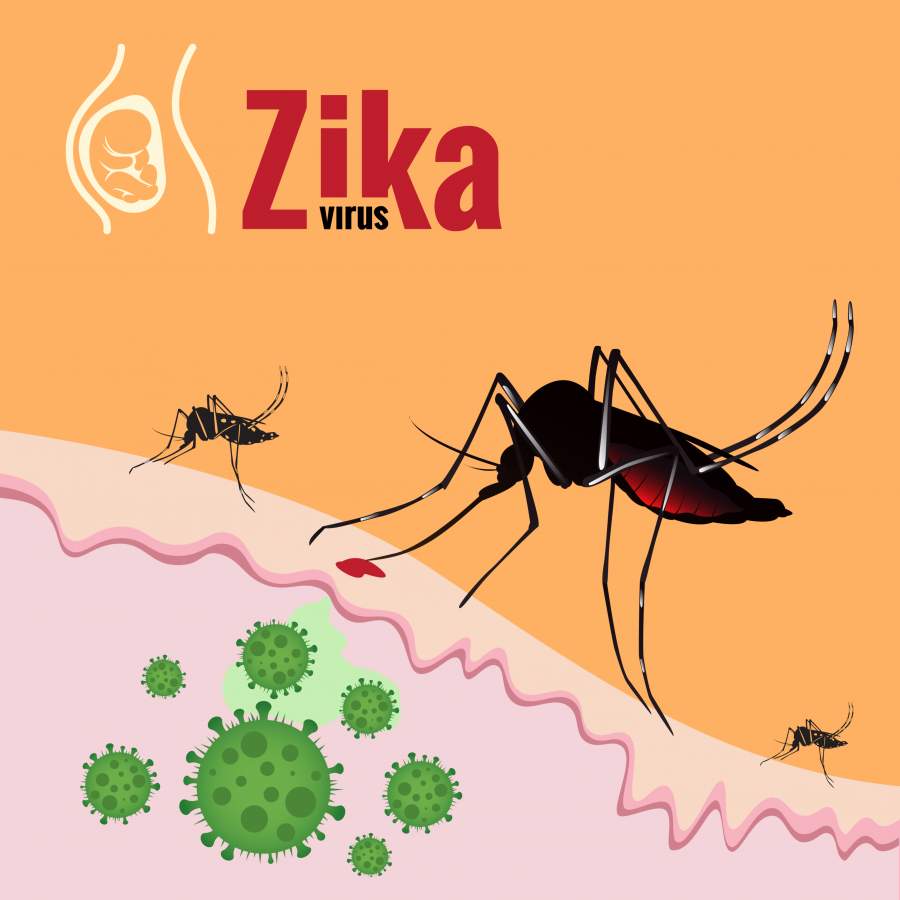Y chromosome infertility
02-08-2016 | 1533 View(s)
Y chromosome infertility is a condition that affects the production of sperm, making it difficult or impossible for affected men to father children. An affected man's body may produce no sperm cells (azoospermia), a smaller than usual number of sperm cells (oligospermia), or sperm cells that are abnormally shaped or that do not move properly. This condition accounts for between 5 percent and 10 percent of cases of azoospermia or . Read more...
X-linked creatine deficiency
02-08-2016 | 1392 View(s)
X-linked creatine deficiency is a rare condition that primarily affects the brain. Signs and symptoms generally develop before age 2 and may include mild to severe intellectual disability; delayed speech development, behavioral problems (i.e. autistic features, hyperactivity), and seizures. Less commonly, affected people may ha. Read more...
Watermelon stomach
02-08-2016 | 1436 View(s)
Watermelon stomach is a condition in which the lining of the stomach bleeds, causing it to look like the characteristic stripes of a watermelon when viewed by endoscopy. Although it can develop in men and women of all ages, watermelon stomach is most commonly observed in older women (over age 70 years). Signs and symptoms of watermelon stomac. Read more...
Uncombable hair syndrome
02-08-2016 | 1429 View(s)
(UHS) is a rare disorder of the hair shaft of the scalp. It usually is characterized by silvery-blond or straw-colored hair that is disorderly; stands out from the scalp; and cannot be combed flat. It may first become apparent from 3 months of age to 12 years of age. Most cases are isolated, but has been described in association with other diseases, such as ectodermal dysplasias, Bork syndrome and Angel-shaped phalangoepiphyseal dysplasia. UHS is. Read more...
Q Fever
02-08-2016 | 1395 View(s)
Q fever can cause acute or chronic illness in humans, who usually acquire the infection after contact with infected animals or exposure to contaminated environments. The acute symptoms caused by infection with Coxiella burnetii usually develop within 2-3 weeks of exposure, although as many as half of humans infected with C.burnetii do not show symptoms. Symptoms The following is a list of symptoms commonly seen with acute Q fever. Howe. Read more...
Zika virus
29-01-2016 | 1758 View(s)
Zika is a disease caused by Zika virus that is spread to people primarily through the bite of an infected Aedes species mosquito. The most common symptoms of Zika are fever, rash, joint pain, and conjunctivitis (red eyes). The illness is usually mild with symptoms lasting for several days to a week. Anyone who is living in or travelling to an area where Zika virus is found who has not already been infected with Zika virus is at risk for infectio. Read more...
Dengue Fever
18-08-2015 | 3386 View(s)
Dengue Fever is a viral disease, transmitted by the infective bite of a particular mosquito known as Aedes Aegypti. Human being develops the disease after 5 – 6 days of being bitten by an infective mosquito. It occurs in two forms: Classical Dengue fever also known as “break-bone” fever and Dengue Haemorrhagic Fever (DHF) which is life-threatening. It is very common after the rainy season. It is highly contagious and spreads from one person. Read more...
Bipolar Disorder
15-06-2015 | 2874 View(s)
Bipolar disorder, also known as manic-depressive illness, is a brain disorder that causes unusual shifts in mood, energy, activity levels, and the ability to carry out day-to-day tasks. Symptoms of bipolar disorder are severe. They are different from the normal ups and downs that everyone goes through from time to time. Bipolar disorder symptoms can result in damaged relationships, poor job or school performance, and even suicide. But bipolar dis. Read more...













